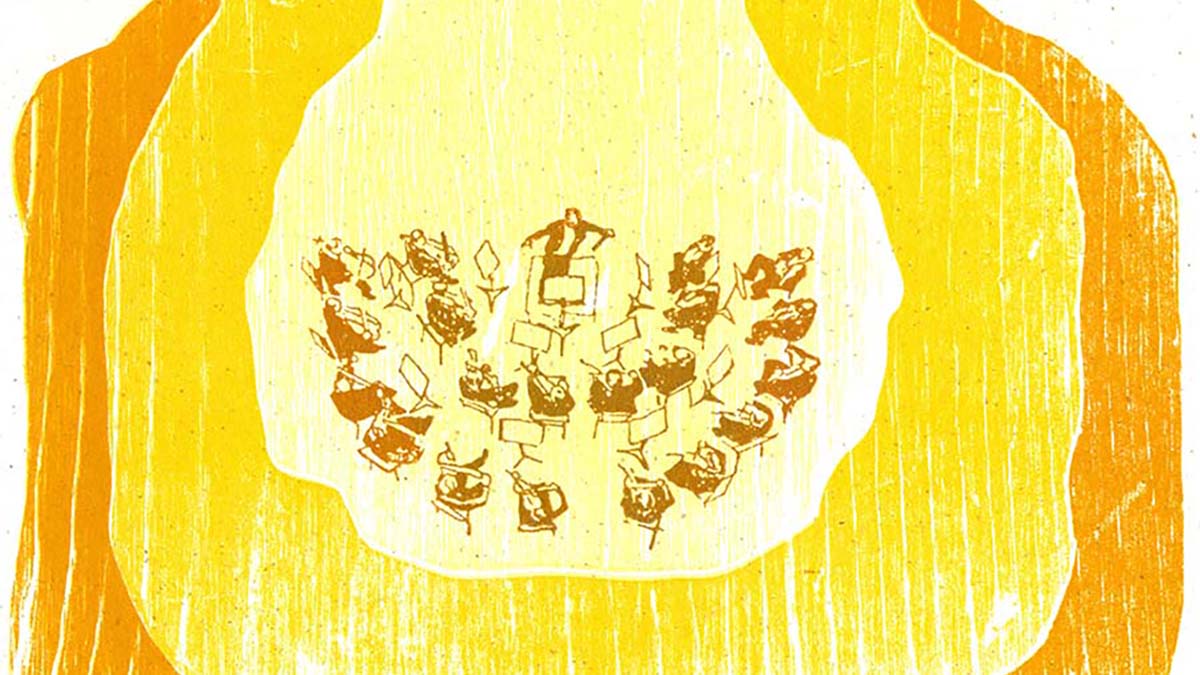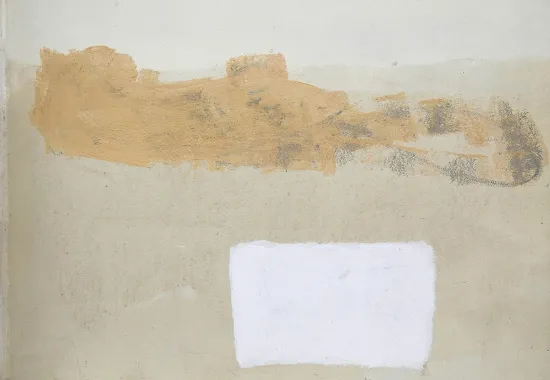Bread
after Michael Jones, Leningrad: State of Siege
Bread was bread, then bread was flax, then bread was a leather belt.
In September the storehouse went up from the Junkers. Dogs and cats
disappeared like martyred children on the Lychkovo train. One night
the Wehrmacht bombed the zoo; the elephant died without bread.
Zhdanov stayed fat writing loudspeaker doctrine at Canteen No. 12.
An architect lived on pigeons trapped in a cupola. Bread was carpenters glue;
bread was horsehide soup. Lips grew darker and stuck to the teeth.
I was resting at the Anichkov Bridge—the icy Fontanka like a confection—
on a pile of snow seasoned with corpses. I was resting into an exothermal death
when a girl in a sundress tugged me to her mother on firewatch who fed me
inedible cellulose. Bread was dust shaken from a flour sack. Bread was swept
from the floor. We were warmed by one square meter of wood and quenched
our thirst with buckets from wounds in the Neva. Tea was water and salt.
In the spring bread became broth made from nettles and dandelion roots.
Only our diaries put on weight. In August, though, spouses stopped sniping.
Starving ballerinas straightened their shoulders. An academic finished his treatise
on the cabbage moth. The Hermitage drew a little power from the Baltic Fleet
to pollinate symposia. Sheet metal workers philosophized. A seamstress I knew
learned Greek. At the Philharmonic Eliasberg with a palsied baton conducted
a symphony for bread in C major. The orchestra played through its bones,
music like shutters opening to the sunny smell of a baker’s wares.
Recommended
Mercy
Eclipsing
Psychic Numbing






